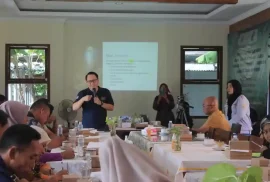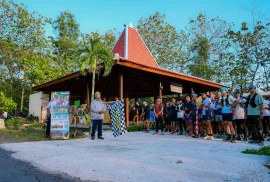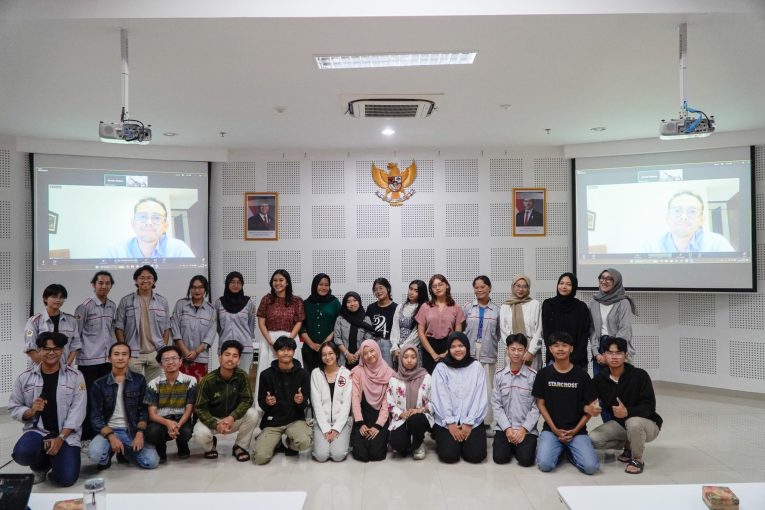
“Tourism and the social norms that have evolved into culture cannot be separated,” said Anindwitya Monica, Co-founder of Women in Tourism Indonesia, and I Gusti Ngurah Paulus Widya, an advisor for the same organization, on November 1, 2024. The Research and Development Division (Litbang) of the Tourism Student Association (HIMAPA) once again held their annual flagship program, the HIMAPA Sharing Session (HSS), where tourism experts are invited to speak in a talk show format aimed at providing new insights to Tourism students. This year’s event was open exclusively to UGM Tourism Study Program students and took place in Room 709, Soegondo Building, Faculty of Cultural Sciences, in a hybrid format.
This year, HSS brought the theme: “Gender Revolution in Tourism: What’s Really Shaping the Industry Today?”, focusing on discussions ranging from the definition of gender to its impact on the modern tourism industry. To deepen participants’ understanding, the event was held in a sharing session format featuring speaker presentations, a Q&A segment, and interactive discussions.
As the tourism industry evolves—driven by technological advances and in-depth research across various fields, gender relations in tourism practices remain an often overlooked topic. HIMAPA’s R&D Division initiated this event with the goal of offering new knowledge and exploring how the academic tourism community can help push the industry in a more inclusive direction.
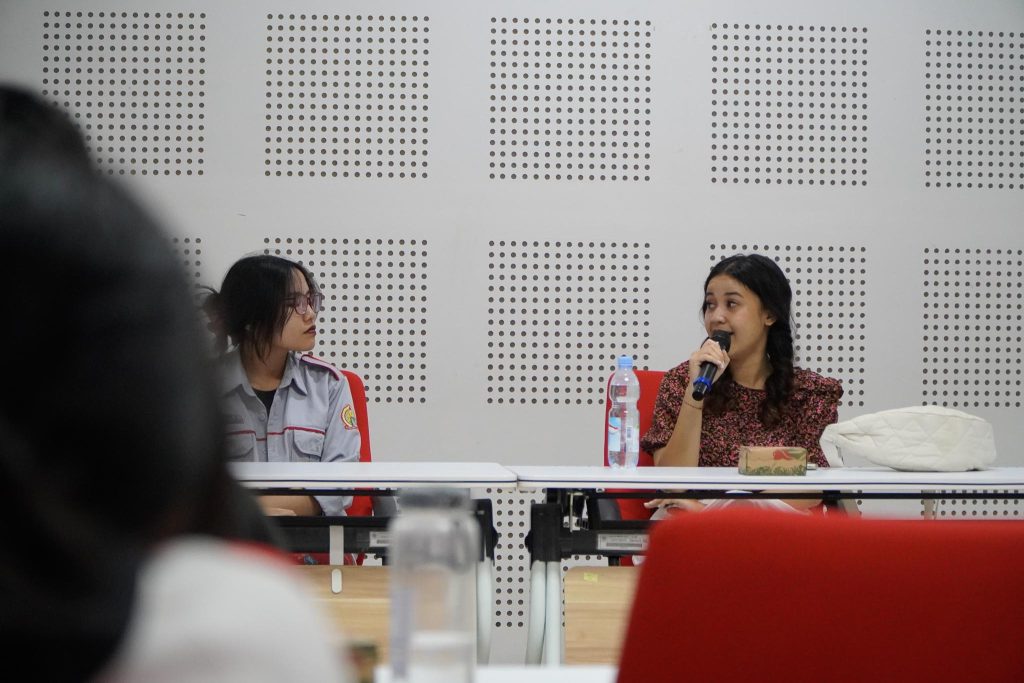
“Gender is a social construct,” stated Anindwitya Monica. Like other aspects of the industry, gender plays a significant role in tourism. Despite often being stigmatized as a “Western culture,” gender diversity has long existed in Indonesian traditions. One example is the Bugis ethnic group in Sulawesi, which recognizes five genders. This, too, relates to tourism—where diverse gender identities may find space only as part of cultural attractions, because other opportunities remain limited.
I Gusti Ngurah Paulus Widya pointed out that the Indonesian tourism industry is not yet ready to address the presence of gender-diverse individuals, especially when it still fails to adequately consider women. In the workforce, women are less likely to hold managerial or authoritative positions, largely due to the assumption that leadership and authority are inherently male traits. Although women make up 54.8% of the tourism workforce, they frequently face discrimination. The speakers emphasized that such behavior and negative stereotypes hold back the progress of the tourism industry—not just for women, but for all marginalized groups.
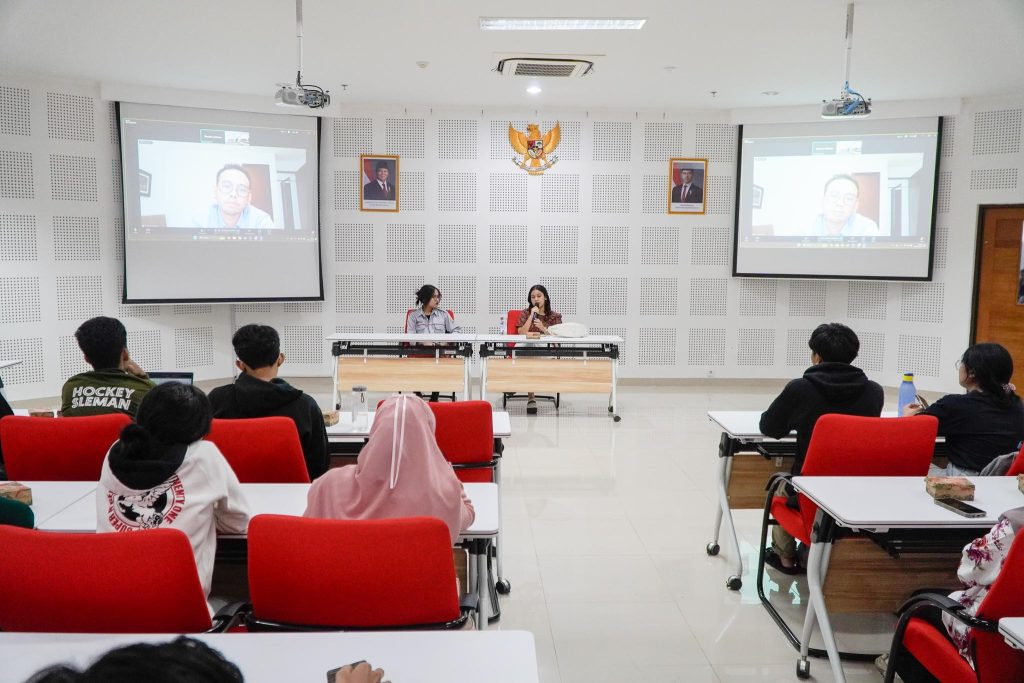
In this HIMAPA Sharing Session, the speakers concluded with a powerful message:
If women, who represent more than half the world’s population, still lack equal footing in the tourism industry, then gender minorities with even smaller representation will struggle to gain any recognition at all.
[Author & Photo Source: HIMAPA UGM]



